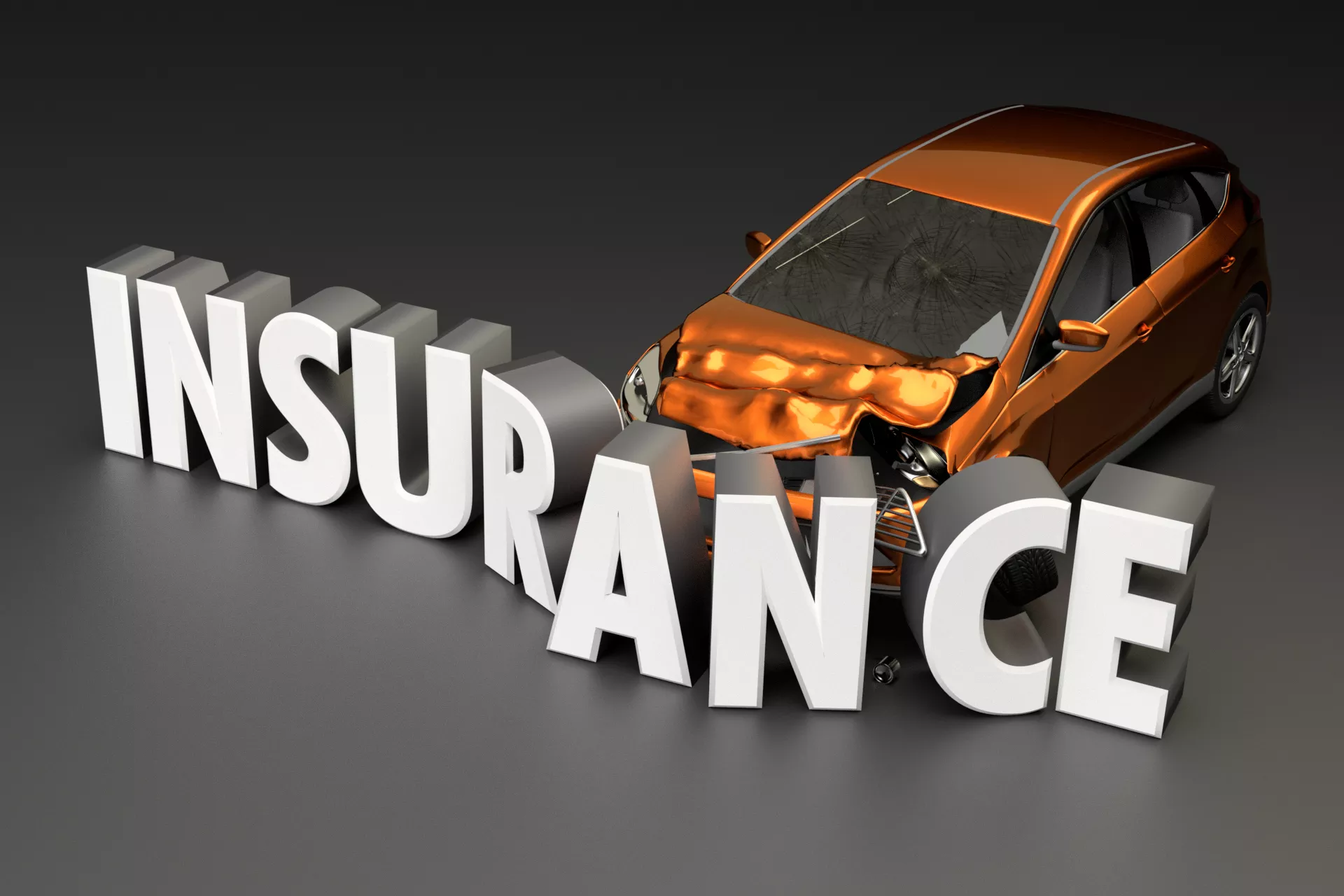Car insurance is essential for protecting vehicle owners against financial loss from accidents, theft, and other unforeseen events. Understanding the various types of car insurance is crucial for making informed decisions about coverage. This article explores the 5 most basic types of car insurance, offering a comprehensive yet easy-to-understand overview.
1. Liability Insurance
What is Liability Insurance?
Liability insurance is the most fundamental type of car insurance. It covers damages and injuries that you may cause to other people or their property in an accident where you are at fault. Most jurisdictions require drivers to have at least a minimum level of liability insurance.
Types of Liability Insurance
There are two main components of liability insurance:
Bodily Injury Liability (BIL): This covers medical expenses, lost wages, and legal fees for injuries you cause to others in an accident.
Property Damage Liability (PDL): This covers the cost of repairing or replacing the property you damage in an accident, such as other vehicles, buildings, or structures.
Why is Liability Insurance Important?
Liability insurance is crucial because it protects you from financial ruin in case of an at-fault accident. Without it, you would have to pay out of pocket for damages and injuries, which can be incredibly costly.
2. Collision Insurance
What is Collision Insurance?
Collision insurance covers the cost of repairing or replacing your vehicle if it’s damaged in an accident, regardless of who is at fault. This type of coverage is especially valuable for those with newer or more expensive cars.
When Does Collision Insurance Apply?
Collision insurance applies in various situations, including:
Single-Car Accidents: If you hit a tree, guardrail, or any other object, collision insurance will cover the repairs.
Multi-Car Accidents: If you collide with another vehicle, collision insurance will cover the damage to your car.
Deductibles and Limits
Collision insurance typically involves a deductible, which is the amount you must pay out of pocket before your insurance kicks in. Higher deductibles can lower your premium, but they also mean more out-of-pocket costs in the event of an accident.
See Also: 7 Best Pet Insurance Plans for Senior Dogs
3. Comprehensive Insurance
What is Comprehensive Insurance?
Comprehensive insurance covers damage to your vehicle caused by events other than collisions. This includes theft, vandalism, natural disasters, and more. It’s sometimes referred to as “other than collision” coverage.
Events Covered by Comprehensive Insurance
Comprehensive insurance provides protection against a wide range of events, such as:
Theft: If your car is stolen, comprehensive insurance can help cover the cost of replacement.
Vandalism: Damage caused by vandalism, such as broken windows or keyed paint, is covered.
Natural Disasters: Events like floods, hailstorms, hurricanes, and earthquakes are covered under comprehensive insurance.
Animal Collisions: If you hit an animal, such as a deer, comprehensive insurance will cover the damage.
Deductibles and Limits
Like collision insurance, comprehensive insurance involves a deductible. The amount can vary, and choosing a higher deductible can reduce your premium. However, it’s important to choose a deductible you can afford in the event of a claim.
4. Personal Injury Protection (PIP)
What is Personal Injury Protection?
Personal Injury Protection (PIP), also known as “no-fault insurance,” covers medical expenses, lost wages, and other related costs for you and your passengers, regardless of who is at fault in an accident. PIP is mandatory in some states and optional in others.
What Does PIP Cover?
PIP provides a broad range of benefits, including:
Medical Expenses: Coverage for medical bills resulting from an accident, including hospital stays, surgery, and rehabilitation.
Lost Wages: Compensation for lost income if you or your passengers are unable to work due to injuries from an accident.
Funeral Expenses: Coverage for funeral costs if a covered individual dies in an accident.
Essential Services: Payment for services you can’t perform due to injury, such as childcare or housekeeping.
Limits and Coverage Options
PIP coverage limits vary by state and insurer. It’s important to review your policy to understand the specific benefits and limits available to you.
5. Uninsured/Underinsured Motorist Coverage
What is Uninsured/Underinsured Motorist Coverage?
Uninsured/Underinsured Motorist (UM/UIM) coverage protects you if you’re involved in an accident with a driver who either has no insurance or insufficient insurance to cover the damages. This type of coverage can be crucial in hit-and-run situations or accidents with underinsured drivers.
Types of UM/UIM Coverage
UM/UIM coverage comes in two main forms:
Uninsured Motorist Bodily Injury (UMBI): Covers medical expenses, lost wages, and pain and suffering for you and your passengers if the at-fault driver has no insurance.
Underinsured Motorist Bodily Injury (UIMBI): Covers the gap between the at-fault driver’s insurance limits and your medical expenses if their insurance is insufficient.
Uninsured/Underinsured Motorist Property Damage (UMPD/UIMPD): Covers damage to your vehicle if the at-fault driver has no insurance or insufficient coverage.
Why is UM/UIM Coverage Important?
UM/UIM coverage is important because it provides financial protection in situations where the at-fault driver can’t cover the full cost of the damages. This ensures that you’re not left paying out of pocket for someone else’s negligence.
Choosing the Right Car Insurance Coverage
Assessing Your Needs
When selecting car insurance, it’s essential to assess your individual needs and circumstances. Consider the following factors:
Vehicle Value: Higher-value vehicles may require more comprehensive and collision coverage.
Budget: Determine what you can afford in terms of premiums and deductibles.
Driving Habits: Frequent drivers may need more coverage due to increased exposure to risks.
State Requirements: Be aware of the minimum insurance requirements in your state.
Balancing Coverage and Cost
Finding the right balance between coverage and cost is crucial. While it’s tempting to opt for the lowest premiums, insufficient coverage can leave you financially vulnerable. Consider the following tips:
Compare Quotes: Shop around and compare quotes from multiple insurers to find the best rates.
Bundle Policies: Many insurers offer discounts if you bundle your car insurance with other policies, such as home or renters insurance.
Increase Deductibles: Raising your deductibles can lower your premiums, but ensure you can afford the higher out-of-pocket costs in the event of a claim.
Review Discounts: Inquire about discounts for safe driving, low mileage, anti-theft devices, and more.
Regularly Review Your Policy
Your insurance needs may change over time, so it’s essential to review your policy regularly. Life events such as buying a new car, moving to a different state, or changes in your financial situation can impact your coverage requirements.
Conclusion
Understanding the five most basic types of car insurance—liability, collision, comprehensive, personal injury protection, and uninsured/underinsured motorist coverage—is essential for making informed decisions about your coverage. Each type of insurance serves a specific purpose, offering protection against different risks and ensuring you’re not left financially vulnerable in the event of an accident or other unforeseen events.
By assessing your needs, balancing coverage and cost, and regularly reviewing your policy, you can ensure that you have the right car insurance coverage to protect yourself, your passengers, and your vehicle.
Related topics:































